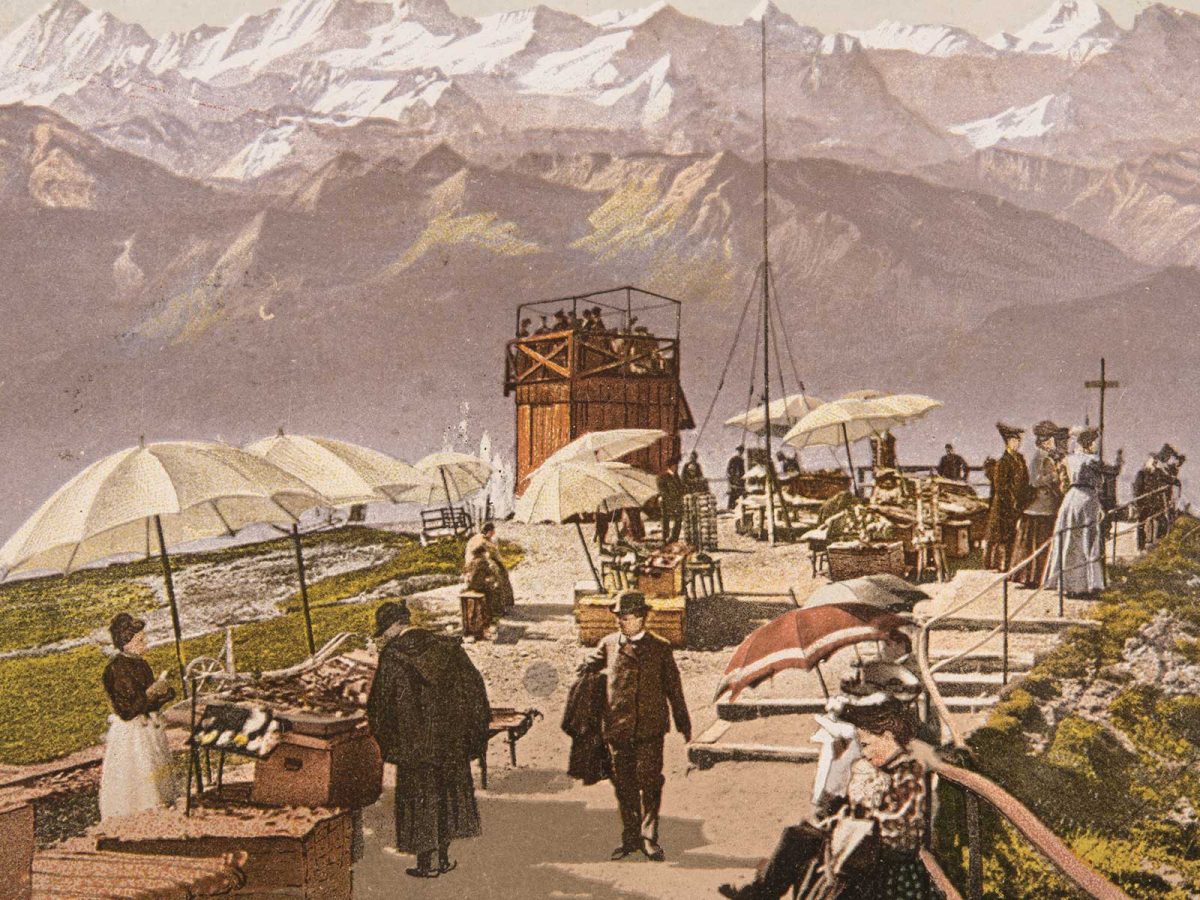
Switzerland welcomes plan on ageing

Switzerland has expressed its satisfaction with a plan of action adopted at the close of the United Nations Assembly on Ageing in Madrid.
The plan, adopted on Friday by the Second World Assembly on Ageing, encourages governments and societies to ensure the needs of the elderly are taken into account when developing public policy. It also recommends the reinforcement of economic solidarity between generations to maintain social cohesion.
Consensus
“A consensus was reached on all points,” said Alfons Berger, assistant-director of the Swiss Federal Office for Social Insurances. “The integration of developing countries represents the most important success.”
Berger said he was satisfied that the conference – the first such meeting for 20 years – had taken into account the ways in which the elderly can contribute to society.
“Old people are not a problem, but an opportunity,” Berger told swissinfo. “They don’t just cost the economy, but are also contributors, for instance through paying value-added tax.”
“They also finance health care and benefits for other old people,” Berger added.
Swiss delegation
The Swiss delegation, led by the interior minister, Ruth Dreifuss, was concerned that the elderly are often the most disadvantaged and forgotten sector of society. The problem is most severe in developing countries and Eastern Europe.
That is a factor the Swiss Development Agency is already taking into account as it plans future projects.
The International Federation of Red Cross and Red Crescent Societies warned that in Africa alone, an estimated five million grandparents have become the primary carers for their grandchildren because the children’s own parents have died from Aids.
The world’s population is getting older and according to UN statistics the number of old people worldwide is expected to quadruple over the next 50 years. That will mean an increase from the current level of about 600 million to almost two billion people.
Gender differences
The Swiss delegation also raised the issue of the different challenges and conditions faced by men and women.
On average women outlive men by almost seven years, and they are more likely to live on their own but have a lower income than men of the same age.
In many parts of the world, elderly women’s poverty is compounded by discriminatory practices, which limit their inheritance rights and their access to resources.
Domestic issues
Switzerland used the Assembly as an opportunity to examine its own policy towards the elderly and the challenges it faces.
Almost 20 per cent of the country’s population is of retirement age and government policy needs to address issues such as public services for the elderly and their participation in public, and particularly political life.
It also needs to focus on the demands an ageing population will have on health and social services and on the increased number of migrants who are choosing to remain in Switzerland beyond retirement age.
swissinfo with agencies

In compliance with the JTI standards
More: SWI swissinfo.ch certified by the Journalism Trust Initiative





































You can find an overview of ongoing debates with our journalists here . Please join us!
If you want to start a conversation about a topic raised in this article or want to report factual errors, email us at english@swissinfo.ch.